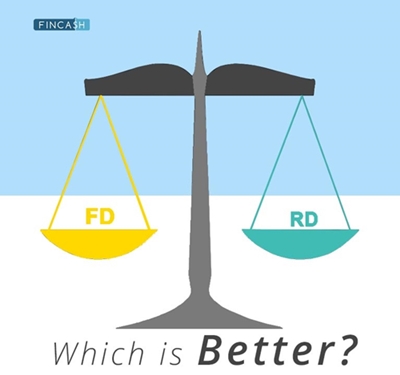
Table of Contents
What is a Deposition in a Lawsuit?
Deposition in a sentence refers to the sworn, out-of-court testimony of a witness. It is required for gathering information during the discovery process and might be used during a trial. 'Deponent' is the term used for a witness being deposed.
Oral Depositions
All the depositions don't generally involve the court. Sometimes, individual parties initiate and supervise the process. Usually, people present at a deposition include:

- The deponent
- Attorneys for all the interested parties
- A qualified person for administering the oaths
Sometimes, a stenographer records the depositions, but electronic recordings are trending.
At a deposition, all the parties can question the witness. Lawyers might not have the right to coach their clients' testimony, and there are limited abilities for a lawyer to object during the deposition. Mostly, the depositions are hearsay and are thus inadmissible at trials. However, there are three exceptions for the basic hearsay rule, which are mainly relevant to the deposition testimony, which is as follows:
- When any party admits something in a deposition that goes against their interest
- A contradiction between the testimony of the witness at trial and their deposition testimony
- When the witness is not present at trial
Talk to our investment specialist
Written Depositions
Depositions might also be conducted using the written set of questions. In this type, parties must submit the questions in advance, and during a deposition, the deponent answers only those questions. Deposition by written questions is cheaper than by the oral questions as in it the lawyers of the parties are not required to attend. But this type is not helpful and practical because it is tough to follow up on the witness's answers when they write down all of the statements.
Why is Deposition Required?
Here are some key reasons why deposition is required in a lawsuit:
Gaining information: By questioning a witness, you can gain some potential information relevant to the case.
Holding the witness accountable: The deposition secures the witness testimony and then functions to measure Accountability if they change the story during a trial.
Recording testimony: If the witness is unwell, disappears, or dies during the trial, you can still access the recorded deposition for the trial and court proceedings.
Recalling details: Trial proceedings might take a lot of time to commence, and the deposition is helpful for the witness to recall information, keeping them fresh in their memories.
Rules for Deposition
A deposition is essential in a trial outcome. Here are some rules that are essential if you are summoned to a deposition:
Professionally dress: Maintain a professional and cleaner appearance for deposition and dress in formal attire, as you would do for an interview.
Take breaks if required: Since some depositions might take a longer time, make sure that you take enough breaks to help you get a better concentration and focus.
Carefully think: Take a moment to carefully think before responding with the answers. Remember that everything that you say will be recorded and used in the courts during the trials.
Be honest: Lying is never recommended as experienced lawyers can always poke enough holes in your stories to identify whether you are lying or being honest.
Avoid arguing: Try staying calmer and more collected and avoid arguing with the attorney despite how heated or unfair the question appears. Instead of that, it is better to indicate to your attorney that you would prefer a quick break if you start losing the cool.
Do not voluntarily add details: Avoid volunteering added details that are unasked. Keep the answers short and precise and only answer the asked questions.
Avoid guessing: Never guess when you are asked any question that you do not know the answer to. Only answer with the facts. If you do not understand the asked question, it is better to ask the attorney to repeat or clarify it.
Avoid reacting to statements: Try not to react to any statement. The attorney might use the statements to provoke an emotional answer or statement.
Seeking Legal Representation
It is vital to have an experienced attorney if you are being deposed. An attorney helps a lot during the preparations and also during the actual deposition. Here is a list of the key reasons why seeking legal representation is recommended:
Get prepared: The attorney will help prepare you for the potential questions the other attorney might ask during the deposition. They also inform you what to expect when the actual deposition occurs.
Combing through your social media profiles: The attorney will sift through all your social media profiles that might potentially contradict or conflict with your testimony.
Marking objections: Experienced attorneys understand appropriate questions. If the opposing attorney asks absurd questions to get a specific response from you, your attorney might make an objection based on the legal grounds on your behalf.
All efforts have been made to ensure the information provided here is accurate. However, no guarantees are made regarding correctness of data. Please verify with scheme information document before making any investment.












